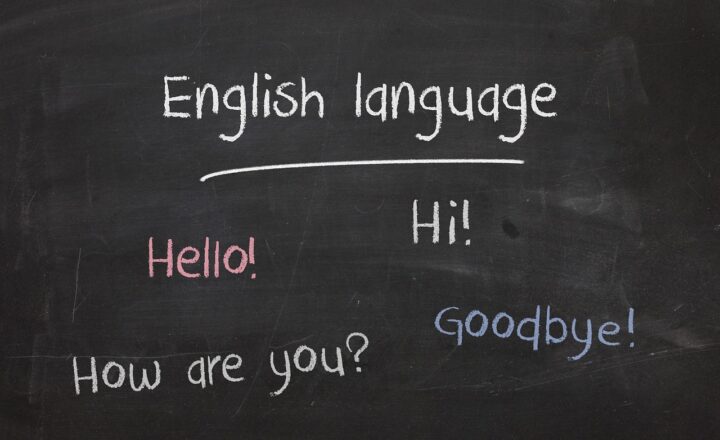Why Polish Listening Practice Is Essential and How to Get Started
November 12, 2024

Immersing oneself in a new language can feel daunting, especially if that language is as rich and complex as Polish. However, one of the most effective ways to become fluent in Polish is through regular listening practice.
In this article, we’ll explore why listening practice is vital in learning Polish, offer strategies to integrate listening exercises into your study routine, and provide resources that can help you sharpen your listening skills.
1. The Importance of Listening Practice in Language Learning
Learning a language involves four main components: reading, writing, listening, and speaking. While many learners focus heavily on vocabulary and grammar, listening skills are often neglected. Here’s why listening practice is essential:
- Understanding Pronunciation: Listening exposes you to the correct pronunciation of words, accents, and intonation patterns that are crucial for effective communication.
- Enhancing Comprehension: Polished listening skills allow learners to comprehend conversations, media, and literature more effectively, which helps in building contextual understanding.
- Building Vocabulary: Regular exposure to spoken Polish enables you to absorb new vocabulary in context, helping you remember meanings and usages better.
- Improving Speaking Skills: Listening and repeating native speakers aids in polishing your speaking abilities and boosts confidence when conversing.
With these benefits in mind, let’s look at how you can effectively incorporate listening practice into your daily routine.
2. How to Incorporate Listening into Your Language Learning Routine
There are numerous ways to integrate Polish listening practice into your study routine. Here are some suggestions to help you get started:
- Listen to Polish Music: Explore various genres of Polish music. Try to understand the lyrics and their meanings; you can even follow along with the text while listening.
- Watch Polish Movies and TV Shows: Choose films or series that pique your interest. Watching with subtitles can greatly enhance your comprehension while still engaging you in the story.
- Podcasts and Audiobooks: These resources allow listening to spoken Polish at your own pace. Choose topics you enjoy for a more engaging experience.
- Language Exchange: Engage in language exchange sessions with native Polish speakers. This allows you to listen and respond in real-time, enhancing your conversation skills.
By varying your listening sources, you can persistently expose yourself to different accents, vocabularies, and subject matters, making the process of learning more enjoyable and effective.
3. Recommended Resources for Polish Listening Practice
To support your learning journey, consider using the following resources specifically designed for Polish learners:
- Podcasty Polskiego: A series of podcasts aimed at language learners where various topics are discussed in Polish. It varies in difficulty levels, catering to different proficiency levels.
- Polish Radio: Listen to Polish radio stations or find streams dedicated to news, music, or cultural discussions to improve your listening skills.
- LingQ: A platform that helps you learn through listening and reading content. You can find material on different topics and practice at your level.
- YouTube Channels: Channels like ‘Polski z Anią’ offer lessons in Polish listening practice combined with engaging videos.
These resources provide a rich variety of listening practice opportunities that will not only expose you to natural Polish language but also resonate with your interests and learning preferences.
4. Setting Goals to Track Progress
Like any other skill, monitoring your progress is essential. Setting specific listening goals can help keep you motivated. Here are some examples:
- Daily Listening: Aim to listen to Polish content for at least 20-30 minutes each day.
- Film Challenge: Watch a certain number of Polish films or episodes in a month, noting the new vocabulary learned.
- Discussion Topics: After watching or listening, summarize what you learned in Polish, speaking it aloud to practice articulation.
By maintaining these goals, you’ll find it easier to stay committed to your language learning journey. Regularly reviewing your learning will keep you aware of your growth.
Conclusion
Listening practice is not just a supplementary part of learning Polish; it forms the cornerstone of fluency and comprehension. By consistently incorporating listening exercises into your routine, utilizing the recommended resources, and setting clear goals, you will make significant strides in your language acquisition journey.
So, start today! Dive into the world of Polish audio, enjoy the process of learning, and watch your skills flourish.








